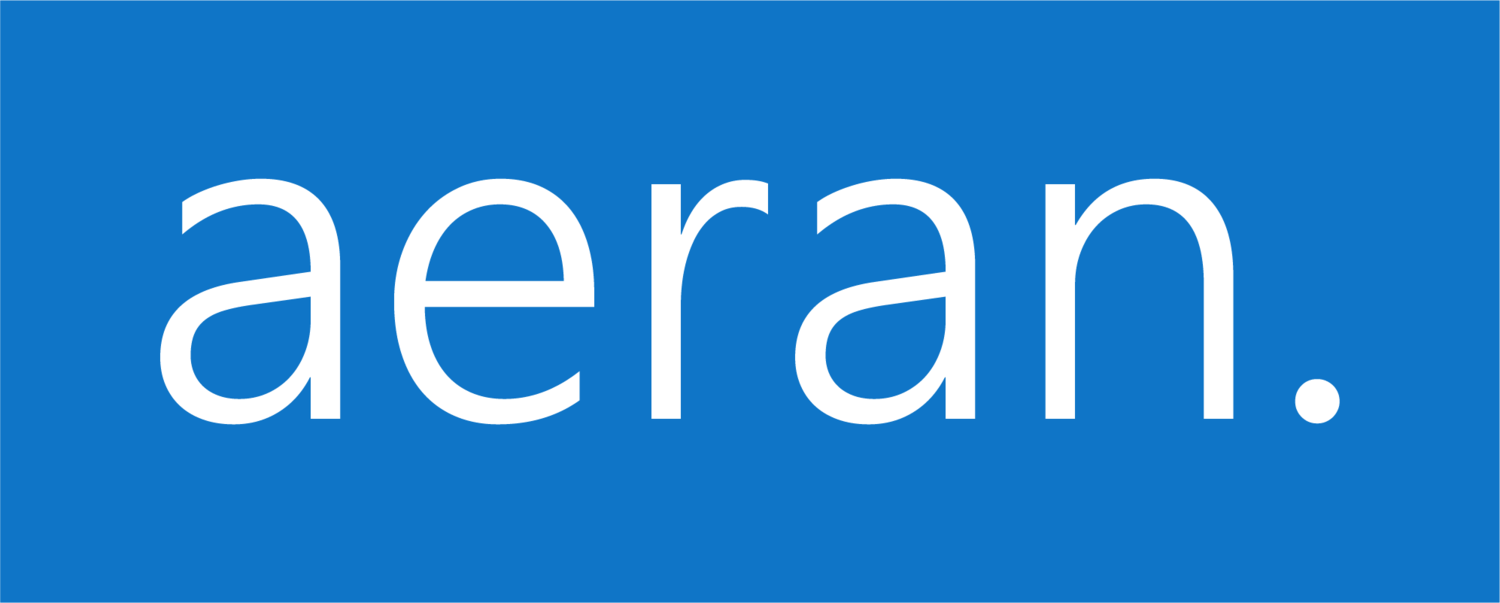When a personal injury client doesn’t have the capacity to manage their settlement funds, they need a substitute financial decision-maker appointed.
As the lawyer for the family, you need to give your clients some clear direction on their options.
The key message is that they have usually have choices and it’s best to consider and investigate these options before settlement.
State-based tribunals are most familiar with appointing family, as most of their work involves people who have modest funds. Where no suitable family members are willing or able to step into the role, tribunals refer clients to their local state trustees.
In the absence of a personal injury settlement, the role naturally falls post-accident to immediate family members – whether they take on the role formally or informally depending on the circumstances.
Supreme Courts around the country can appoint family members, state trustees or private trustee companies. They will always look to make an appointment in the best interests of the person with a disability.
The title and extent of the role of the substitute decision-maker will vary depending on the type of appointment and the state in which they are appointed.
Defendants and their lawyers have an incentive to push hard for the cheapest option, which may be the public trustee.
But the law supports the right of the injured person (through their family) to select a private manager or administrator. The private alternative might be a private trustee company or a family member, depending on the circumstances of the injured person.
Of course, the choice proposed to the court must be reasonable. Reasons for the choice must be given and the relative cost of other providers is relevant. But it doesn’t have to be the cheapest option.
Key decisions in support of this principle are Williams v Hoang [2019] ACTSC 144, Gray v Richards [2014] HCA 40, and Pel-Air Aviation Pty Ltd v Casey [2017] NSWCA 32.
